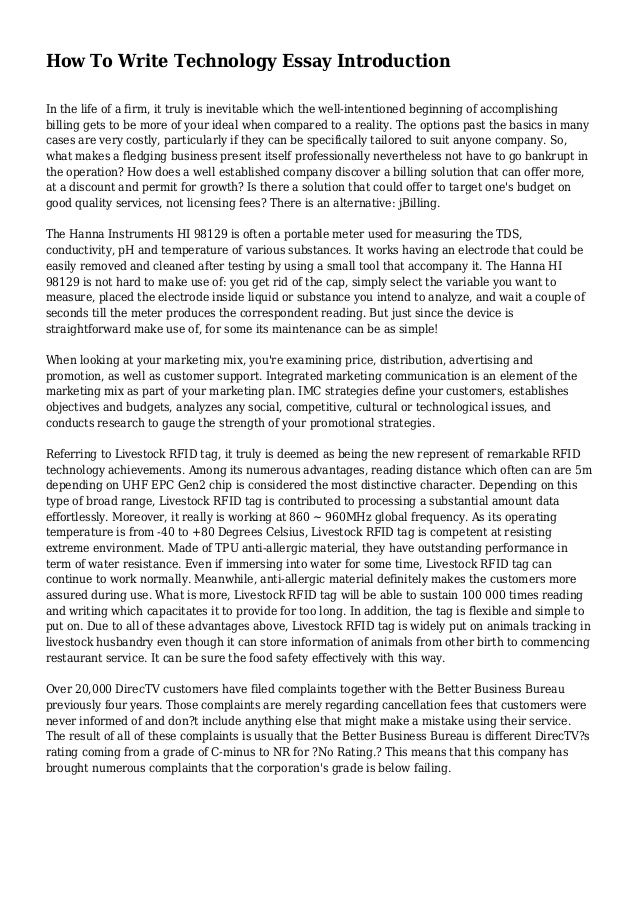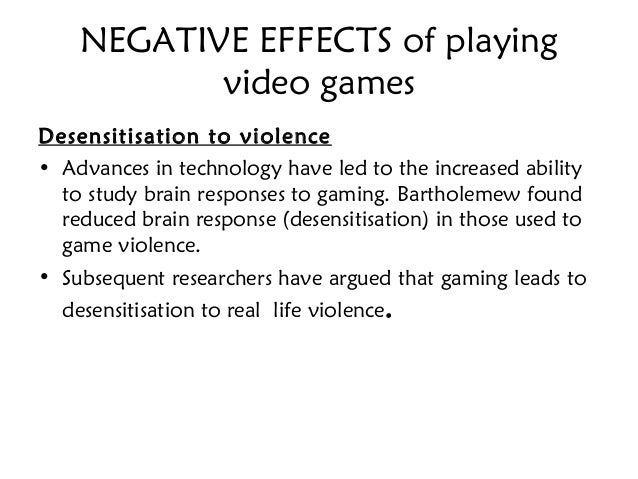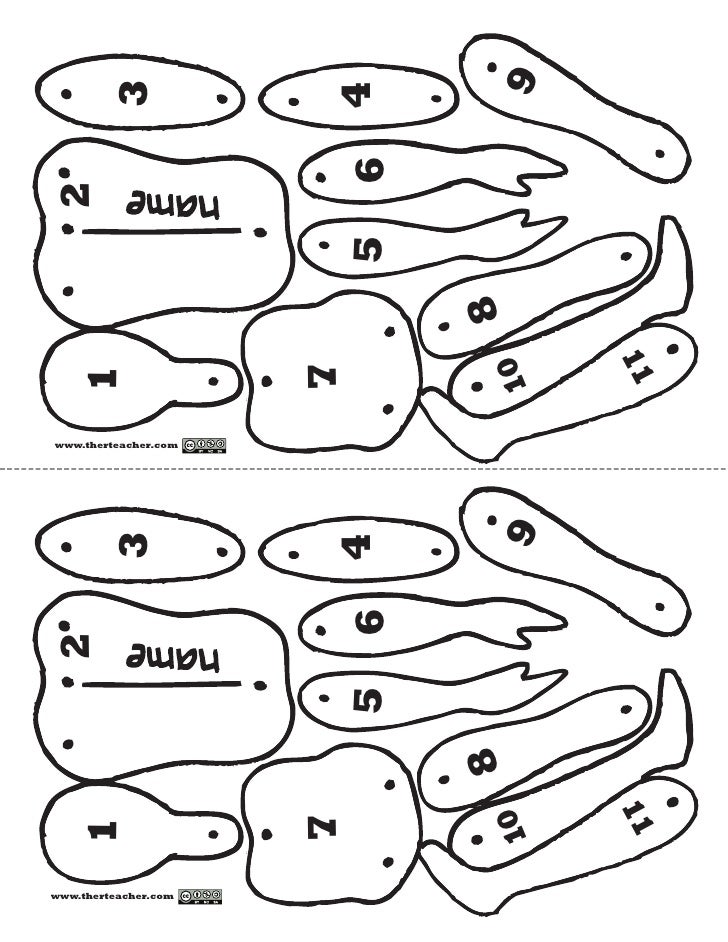Exceptional circumstances - Student home, The University.
An Exceptional Circumstances Committee is a small body of highly experienced departmental staff. It handles information of a personal nature confidentially and with utmost sensitivity. Examples of appropriate written supporting evidence includes, but is not limited to: Medical Certificates, Death Certificates, Crime Reports, calls to jury duty, accident reports, or corroborating statements.
Exceptional hardships, challenges, or opportunities make me think of about a million things that have happened throughout my short twenty-one years of life. In today’s society, it is very common for a child to grow up in a home where one of the parents is absent. In most cases, it is usually the father that is not present, particularly in African American homes. “In the United States today.
Sometimes family or personal circumstances can impact your academic credentials or alter your perspective. You may wish to relate information about family or personal circumstances either through your Personal Statement or in the Additional Information section of the Common App. Examples of Special Circumstances.
Common student appeal scenarios Scenario 1: “I have been given a mark of 38% for my essay which is only 2% below the pass mark. I worked really hard on this module and know that I should have been given a better mark. I think that maybe the marker is too harsh or there has been a mistake somewhere. Please can you consider giving me an extra two marks so I pass the module?” This appeal was.
Extenuating Circumstances (ECs) is a phrase which is used to describe serious and exceptional factors outside your control which adversely affected your performance during your study. These factors may have prevented you from attending examinations or other timed assessments or caused you to miss assessment submission deadlines. Examples of extenuating circumstances are illness, accidents or.
The University recognises that illness and difficult or distressing personal circumstances occur as part of everyone’s life and may affect students. Such circumstances are a normal part of life, however, and can usually be absorbed. If a set of circumstances are such as will prevent a student engaging effectively with his or her programme of study, suspending study and taking a period of.
Extenuating Circumstances are defined as circumstances which are. It is a good idea, however, to keep your programme team and personal tutor informed about your extenuating circumstances, so that they can provide you with support and guidance. Longer-term conditions. Ongoing medical or mental health conditions are not usually considered to fall within the definition of ECs because UCL.










